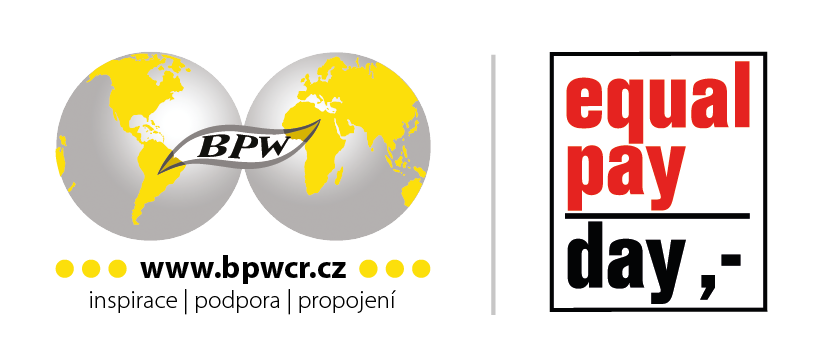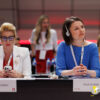Equal Pay Day Czechia represents the largest conference about women in Czechia. It brings topics of #equalpay and equal opportunities from 30 speakers worldwide, networking opportunities and the largest female speed mentoring introducing 70 inspiring mentors. The program is ready and we are pleased to announce that H.E. Anna Azari, Ambassador of State of Israel, has confirmed her attendance as one of the speakers.
Dear Anna, thank you for the interview. The aim of the conference is to highlight the existence of the gender pay gap, which currently amounts to 16% in Czechia. What is the situation regarding equal pay in Israel?
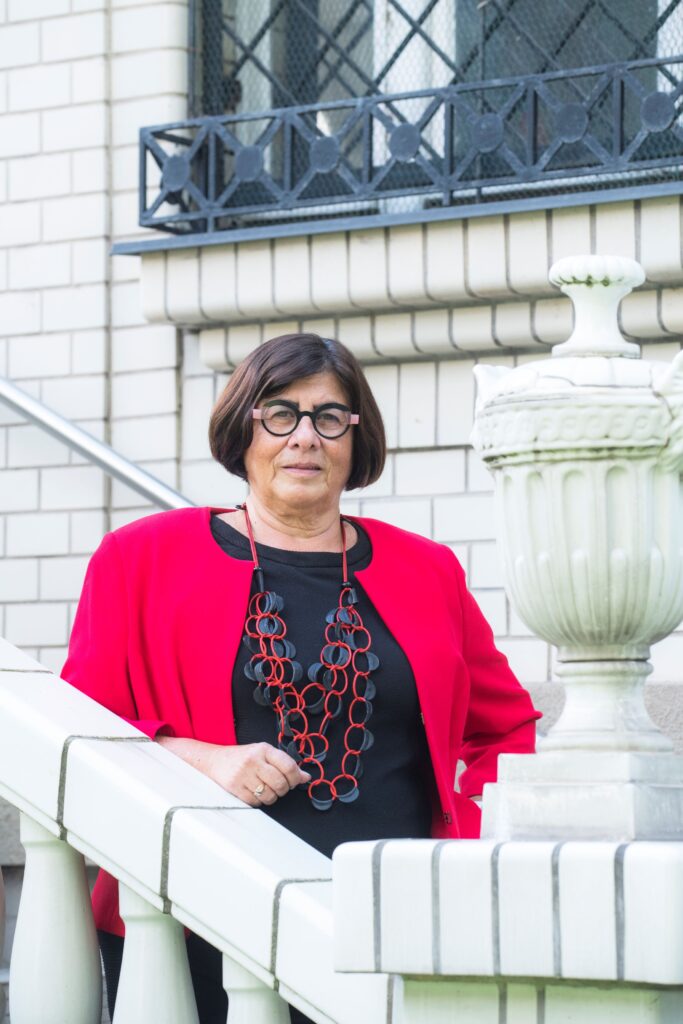
The situation might look a bit worse in Israel, I have data available from Israel in 2021 and women on average got 83% pay when compared to male counterparts. Some of the difference comes from the fact that men are paid for their overtime work. I have been in public service for a long time and according to the law the salary should be the same for men and women. What happens in reality is that remuneration is not based on results but rather on the overall hours spent at work. According to some studies, men spend about 14% more time at work, which adds to the difference.
I will share my experience from the Ministry of Foreign Affairs. A woman must perform the same to a man in the same position. However, she has no time to spend exchanging her views standing next to a coffee machine, she does not have time to socialize and to network in the evening, she must finish her work in time and gets paid less, because she has a family to take care of. So not only she is paid less but she misses the socializing part which can help in advancing her career.
It is interesting to count the gender pay gap only on a year-to-year basis. As a diplomat, I probably should not be saying the following. When it comes to the Czech Republic, I have noticed the phenomenon of the longest maternity leave in the world which influences a woman’s income much more than just during its duration, as it also affects the pensions. Therefore, we should be rather doing the gender pay gap income comparison over the lifetime. In this case, I believe that the results for Czechia would be far worse than in Israel.
Next to the gender pay gap, the Equal Pay Day conference discusses the aspect of the so-called “respect gap”. The discrimination is not only about money, but also about equal treatment and opportunities.
I know that the Israeli government has been very committed to address the issue of empowerment of women and minorities, including introducing some rigorous legislation.
I would not go that far to say that Israel has managed to solve the problem. It has not. Even Scandinavian countries who are the most advanced when it comes to protection of women, still deal with the issue. However, the Israeli government has declared gender equality as one of its goals. Without having such a decision from the top, you cannot achieve much. There is a dedicated person responsible for gender equality in every ministry and each government office. At the top of the pyramid, there is a person responsible for the oversight of gender equality directly at the Prime Minister’s Office.
Now, I am again going to present an example from the Ministry of Foreign Affairs. There are two issues covered by a gender equality officer who received proper training. The first issue deals with any complaints about sexual harassment. Israeli sexual harassment laws belong among the most progressive in the world and are very tough. According to the regulation, a complaint about sexual harassment cannot just be swept under the carpet. Every reported case must be investigated. Also, you must notify relevant people that there is an investigation going on. You cannot afford to make an investigation and then to find out that the person was in the meantime appointed as an ambassador. Each investigation is either submitted to the police, a body in charge of government ministers or it is proven that no harm was done. So, you can see that each case is examined very thoroughly.
The second issue covered by a gender equality officer is to be a part of appointment committees. As the Israeli government is trying to promote both women and minorities, according to the law, if you have two people with similar qualifications, you should promote a minority representative.
You mentioned the role of the leaders. Theprevious Israeli government was a true champion of overall diversity, not only gender diversity.
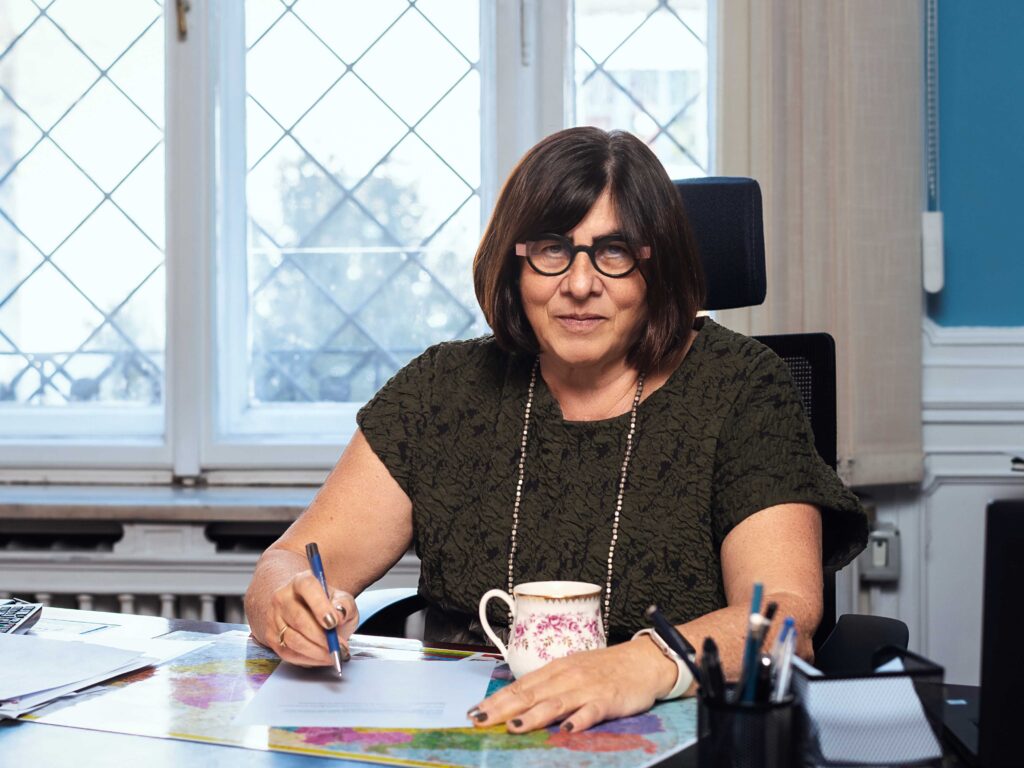
True leadership from the top is essential. When Yair Lapid (a Minister of Foreign Affairs in the previous Israeli government) came into the office, he met with senior management at my ministry and mentioned that there were almost no women present. He declared that he would not leave without improving the situation. Usually, politicians do not do what they promised. In this case Yair Lapid, more than delivered. In some cases he overturned gender balance at the ministry, at the level of department directors, women started to be in majority. At that time, there were also many women ambassadors appointed. Having said that, I must admit that currently the situation is regressing. During the previous government, there were many women at the position of Director General, who are just one rank below the minister in the hierarchy. Today, there is none. The situation is versatile and the struggle on women rights and representation is an on-going one. It is like democracy. It is not that you have achieved it and you have it forever. You have to fight for it.
The conference also discusses some biases against women. Which of these have you encountered?
Let me again twist the question a bit. I regard the self-inflicted bias, in other words expectations of women by women, as one of the biggest obstacles for our advancement. Let me mention a specific situation – a job opening at the Ministry. A woman will apply only after fulfilling all five qualification criteria. A man will hardly bother even reading those and apply right away. We were comparing Israel and the Czech Republic and saw the numbers about pay gap being similar. I believe that Israel is beginning to be more advanced in terms of self-awareness. We have more and more organizations advocating for women, supporting them, or preparing them for a career. I do not see that many here. Biases remain biases of people who have been working there for a long time. You need to overturn the old boys’ networks. In Israel, even more so. Everybody was in the army, and they created their “friends bring a friend” networks. The natural thing is to bring people who are like us. You need to work on the awareness of the whole society to make the point that multifaceted, truly diverse teams are the ones bringing the best results. We still have a long way to go.
Women and their stories should be more seen and heard. What is your advice?
That is a tough question. Let us go back to self-inflicted bias. Especially in larger groups, women believe that they should talk only when they have a new piece of information, while men talk to show they are present. Therefore, I find women mentoring programs the most effective tool to empower women. A mentor will provide you with specific, tailored-made personal advice. A former colleague of mine, a diplomat, left the Ministry to start her own company to help women to promote and present themselves. I am happy to say that she is successful and she gets business from companies that understand that she brings value.
Mentoring day takes place on the second day of the conference. What is your mentoring advice to women inan earlier stage of their career?
I do not want to give generic advice. The whole idea of mentoring is giving specific advice to each woman with regards to her own individual situation. In general, my advice would be seeking a man as a mentor also. We need progressive men on board. It is not men vs. women but men and women together for a better society. The second advice would be “Do not apologize”. We as women try to apologize too often, for not speaking the language well enough, for not being an expert and many other issues. Just do not apologize. I am not against apologizing in life but not in these particular professional situations.
Come and listen to Anna’s Azari life story in person on March 31, 2023. And find out what was the reason why she was wearing a red jacket in the beginning of her career. Be a part of that amazing event in Prague!
For Equal Pay Day and Foreigners.cz, Linda Štucbartová
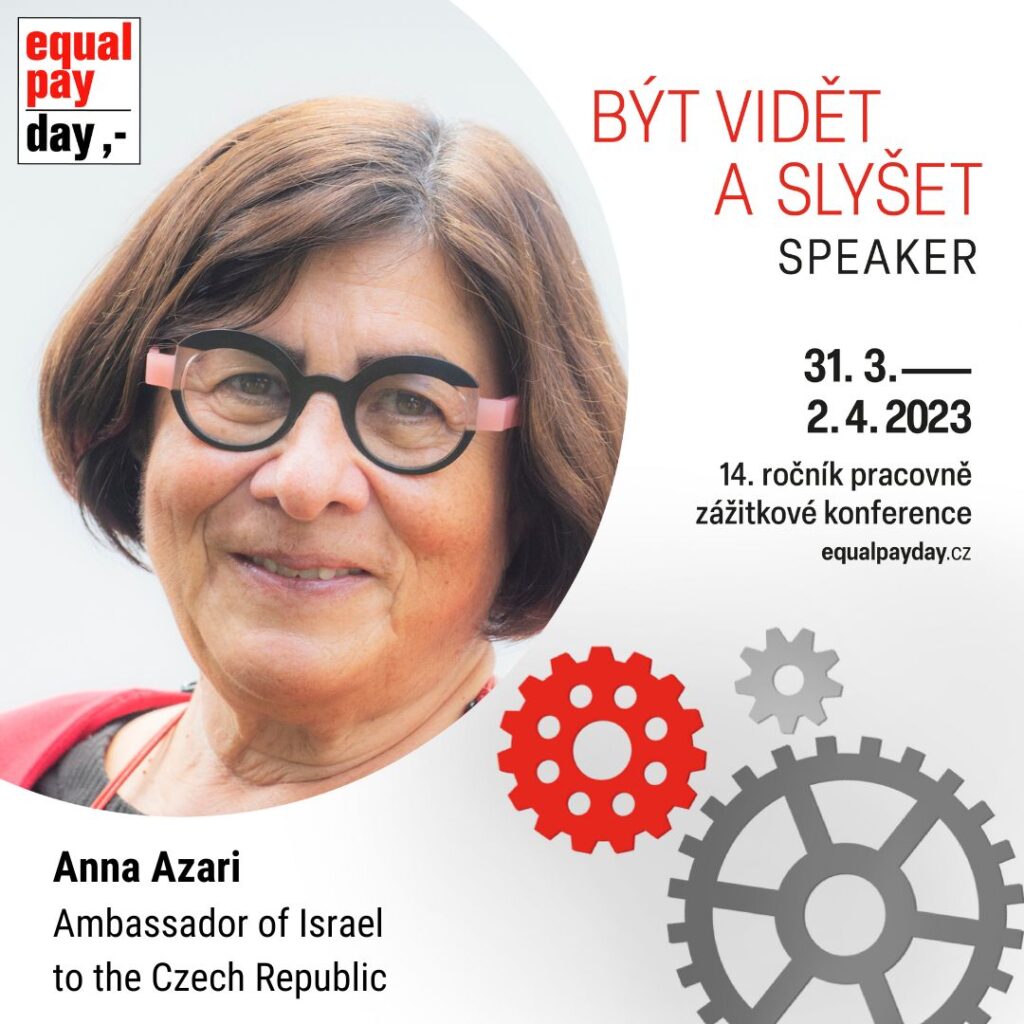
Bio:
Anna Azari is an Israeli diplomat, currently Ambassador of Israel to the Czech Republic. She has previously served as an ambassador to Russia, Poland, Ukraine and Moldova, among others. She was born in Vilnius, Lithuania and emigrated to Israel with her family in 1972. She attended The University of Haifa, earning a BA in History and English Literature and a MA in Political Science. She has been with the Israeli Foreign Service since 1980. Her first posting abroad was Consul General of Israel to the Pacific Northwest in San Francisco, from 1989-1992.
